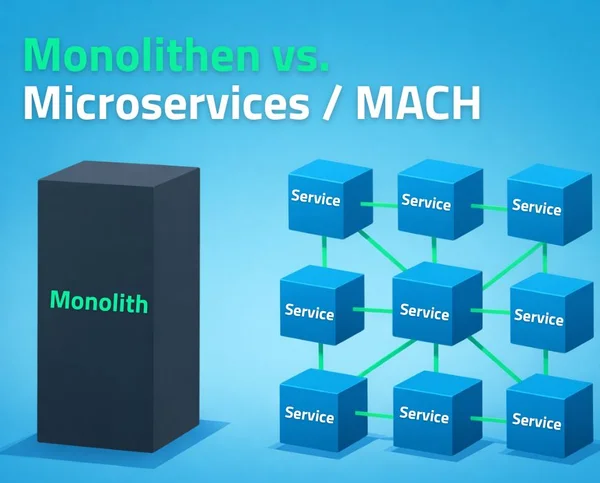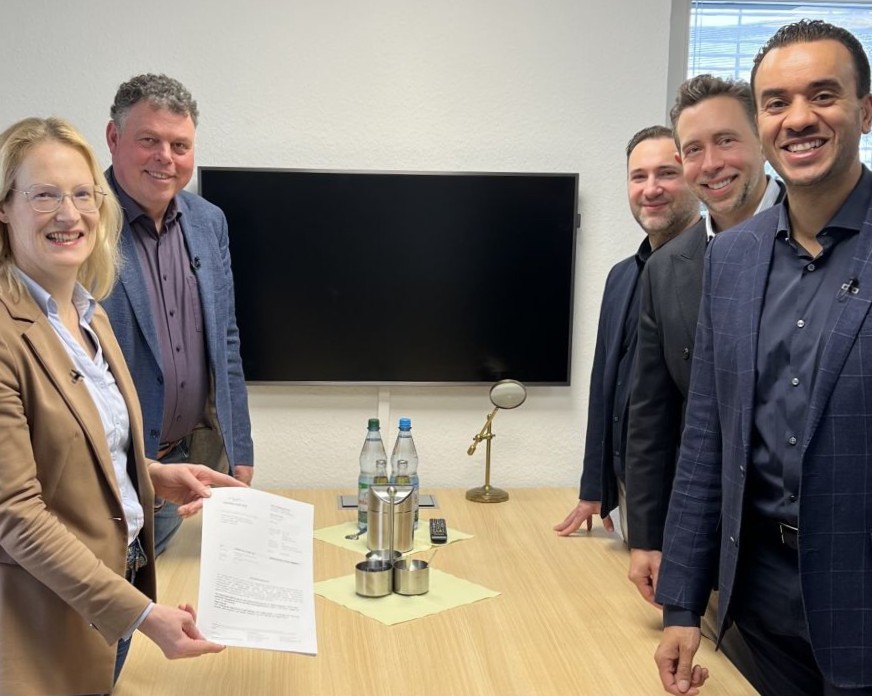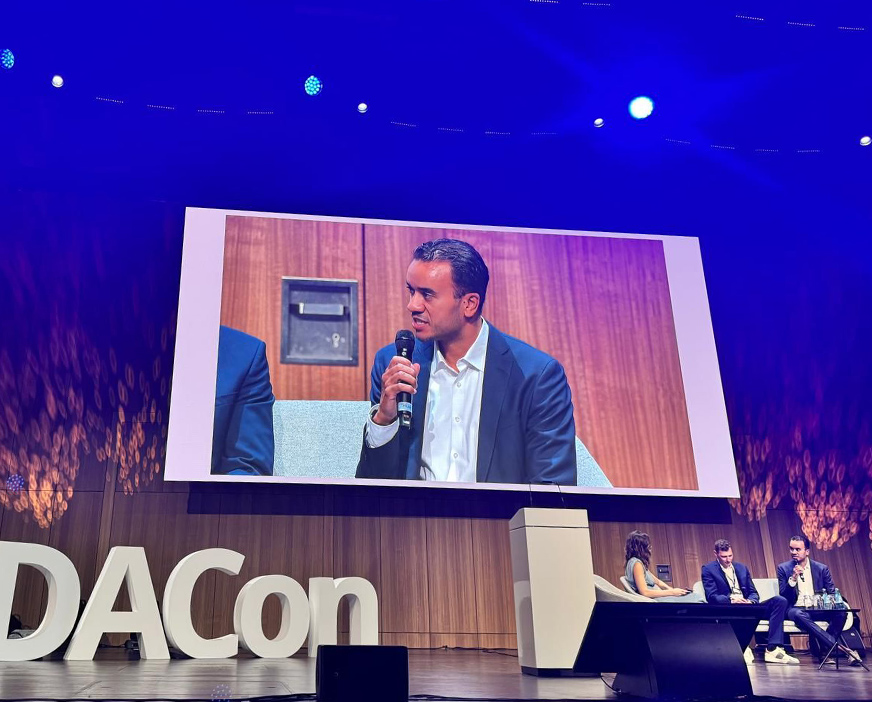What really matters when it comes to environmentally friendly data centers?
Whether it’s a corporation, medium-sized company, or the local craft business – numerous companies across almost all industries have accelerated their IT initiatives in the wake of the COVID-19 pandemic.
The growing need for data exchange and digital services has made it clear that successful digitalization is only possible with a strong underlying digital infrastructure. Data centers form the backbone for this, with large colocation data centers in particular offering companies a platform to network with each other or with the cloud to conduct their business and implement innovations.
In view of the strong demand, data center operators are expanding their capacities throughout Germany, thus creating the foundation for further digitalization. “However, along with this expansion comes the important question of how this digital transformation can continue to be climate-friendly and sustainable”, says Jerome Evans, founder and managing director of firstcolo GmbH.
Keyword: Ecological footprint
Data centers are not only on a growth trajectory in Germany, but worldwide. In 2022, the global server inventory amounted to about 85.6 million units. In 2015, it was still 58.8 million (Source: Bitkom Study 2023). In Germany, the increasing expansion of Cloud Computing is particularly driving growth. By now, 89 percent of companies in Germany are already using such applications. As a result, the capacities of cloud data centers have almost doubled in the past five years: from 470 MW (2017) to 880 MW (2022) (ibid.).
“The more energy-efficient and sustainable data centers are operated, the lower not only their own ecological footprint turns out to be, but also the overall footprint of digital solutions and applications – whether in private households, streaming, internet use or in industrial processes,” says Evans. Video conferences instead of business trips, smart heating control in buildings, intelligent traffic management or automated processes in industrial manufacturing – with the help of digitalization, energy consumption and CO₂ emissions can be reduced on a large scale.
Improving energy balance
The use of waste heat is proving to be an important lever for more climate protection. However, to be able to release this heat, there needs to be someone who can – and wants to – actually take it. Unfortunately, in many places, the necessary fourth-generation district heating networks are still missing.
“If the planned regulations remain in place, new data centers can only be established in the future where such waste heat networks are available or bindingly planned. However, the choice of location for data centers must follow a different logic than that of waste heat networks”, explains Evans. Data centers are needed where large amounts of electricity from base-load capable sources are available and where there is a high regional demand for computing power. Moreover, existing data centers are only convertible for waste heat utilization with high or very high effort due to the cooling technologies used.
At the same time, it is important to politically push for a greener electricity mix. After all, requirements for the purchase of green electricity can only be effective if there is a sufficient supply. “Germany needs efficient and secure data centers. That’s why data center operators in Germany expressly support the goal of further improving their energy balance and making digitalization climate-friendly”, the data center expert concludes.








